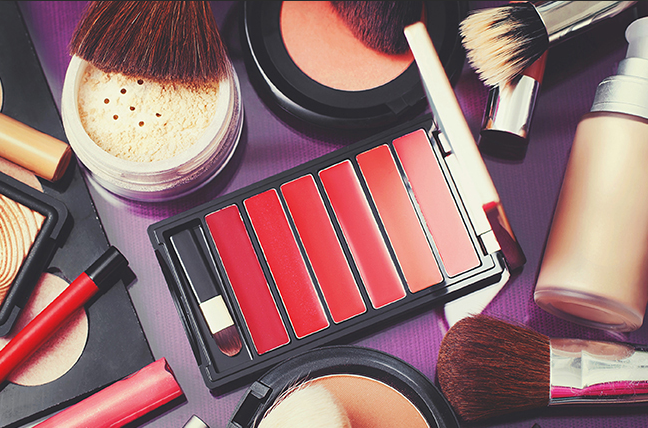Makeup Safety Myths: Debunking Common Misconceptions About Cosmetic Products

Certainly! There are several common misconceptions about cosmetic products and their safety. Let’s debunk some of these myths:
Myth 1: Expensive cosmetics are always safer.
- Truth: The price of a cosmetic product does not necessarily correlate with its safety. Both expensive and affordable brands undergo rigorous safety testing to ensure their products are safe for use. Always check the ingredients and reviews rather than relying solely on the price tag.
Myth 2: Natural or organic cosmetics are always safer.
- Truth: Natural or organic ingredients can be just as allergenic or irritating as synthetic ones. Safety depends on the specific ingredients and how they interact with your skin. Always read the ingredient list and consider patch testing if you have sensitive skin.
Myth 3: Cosmetic products are regulated like drugs.
- Truth: Cosmetics are subject to regulations, but they are generally not as strict as those for pharmaceuticals. The FDA in the United States, for example, does not approve cosmetics before they are marketed. Manufacturers are responsible for ensuring the safety of their products, and regulatory agencies intervene primarily if safety concerns arise.
Myth 4: All makeup has harmful chemicals.
- Truth: Not all chemicals in cosmetics are harmful. Many are essential for product stability and performance. The key is to be informed about the ingredients and avoid products that contain substances you’re sensitive to or have had adverse reactions to in the past.
Myth 5: Makeup expiration dates are not important.
- Truth: Makeup does expire, and using products beyond their expiration date can lead to bacterial contamination and skin issues. Always check the PAO (Period After Opening) symbol on the packaging, and if it’s past the date, it’s time to toss the product.
Myth 6: Makeup doesn’t need to be tested on animals anymore.
- Truth: While many countries and brands are moving away from animal testing, it’s still a common practice in some parts of the world and for certain ingredients. Look for products with cruelty-free certifications to support ethical and safe cosmetics.
Myth 7: All makeup is safe for everyone.
- Truth: Cosmetic products can cause allergies or skin irritations in some individuals, even if they are considered safe for the general population. Always perform a patch test when trying new products and be cautious if you have sensitive skin or known allergies.
Myth 8: Makeup can’t harm your skin in the long run.
- Truth: Prolonged use of certain cosmetics with harsh ingredients or inadequate makeup removal practices can damage your skin over time. Proper skincare routines, including makeup removal and skincare products, are essential for maintaining healthy skin.
Myth 9: You don’t need to clean your makeup brushes or tools regularly.
- Truth: Dirty brushes and tools can harbor bacteria, leading to breakouts and skin infections. Clean your brushes and tools regularly to prevent these issues and maintain skin health.
Myth 10: Makeup always enhances your natural beauty.
- Truth: While makeup can enhance your features, excessive use or improper application can have the opposite effect. Less can often be more when it comes to makeup, and understanding your face shape and skin type can help you achieve a more flattering look.
In conclusion, being informed about the ingredients in your cosmetics, practicing good hygiene, and understanding your skin’s needs are key to using makeup safely and effectively. Don’t rely on common myths and misconceptions; instead, rely on research and expert advice to make informed choices about your cosmetic products.




